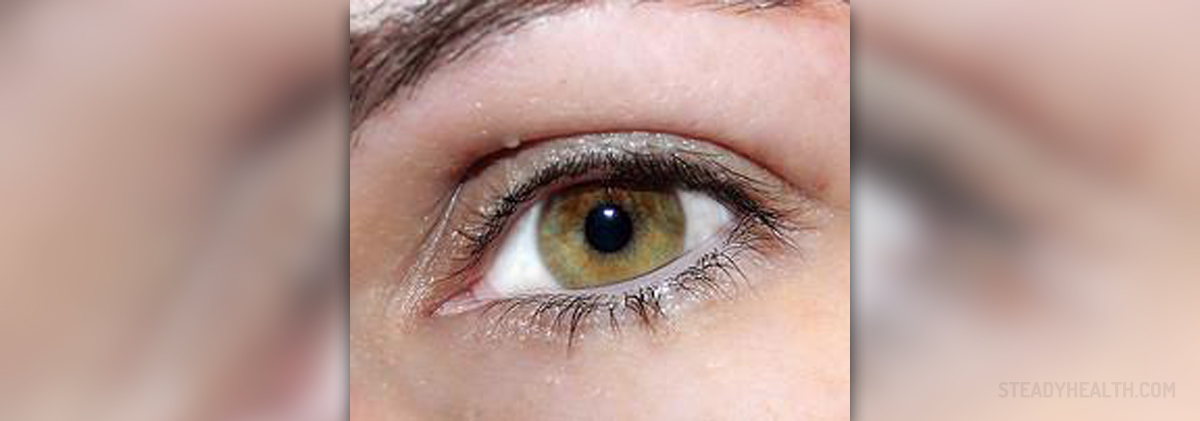
Having regular eye checkups is a great method of keeping your eyes healthy and safe. Numerous eye conditions may affect you due to many reasons and most of these are easily treated when noticed early. Some of the most common eye disorders are glaucoma, age-related macular degeneration, cataract and diabetic retinopathy.
A Check Worthy of Your Time
If you are wondering how often you should have your eyes checked, experts recommend different number of visits, based on your age. Basically, during the period between 20 and 29 years, you are advised to have your eyes checked at least once. During the next 10 years of your life, you are best to visit the ophthalmologist twice. Next, from your 40th until you 64th birthday, increase the checkups so that you go once in every two years. Finally, when you are older than 65, go on a yearly eye checkup.
Facts about Eye Health Checkups
Since this is a routine procedure, each time you call your ophthalmologist in order to make an appointment, describe the eye problem you are suffering from in detail. Also, before you meet the doctor in person, have a set of questions prepared so that you do not forget to inquire about something. Mention all the drugs you are taking or any previous medical conditions you have suffered from. Finally, bring your glasses and a pair of sunglasses with you. The first ones you might show to the doctor, while the second ones might be necessary once your pupils get dilated.
Once you attend the checkup test, you are likely to be exposed to several different procedures. However, before this happens, your doctor will ask you a series of questions about your general health and vision.
You will need to track a target in different locations by moving your eyes. Then, you might need to identify certain notions in the distance, while the doctor covers one of your eyes. Also, the way your eye deals with lighting and illumination will be tested and you might be asked to read letters which will become smaller and smaller as you progress through the chart. You will be asked to stop once you cannot recognize the letters any more.
If your doctor perceives that you need to wear glasses or contact lenses, he/she will conduct another test, seeing whether your vision corrects when you look through these corrective lenses. He/she may also check your eyes for the presence of any diseases, ruling out glaucoma and measuring the thickness of your cornea. Sometimes, he/she will need to dilate your pupils in order to better observe the inside of your eyes.


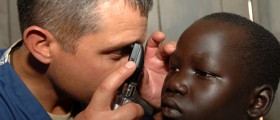
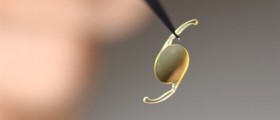
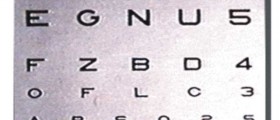
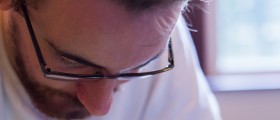
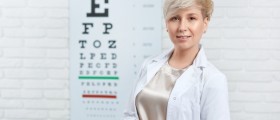
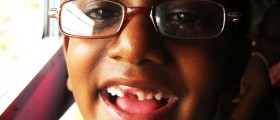

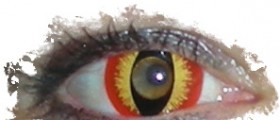
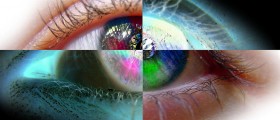
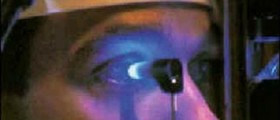
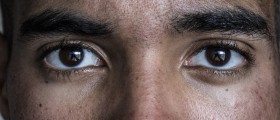
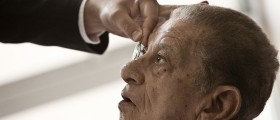

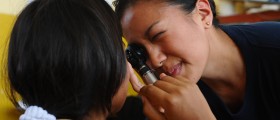
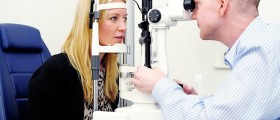
Your thoughts on this
Loading...